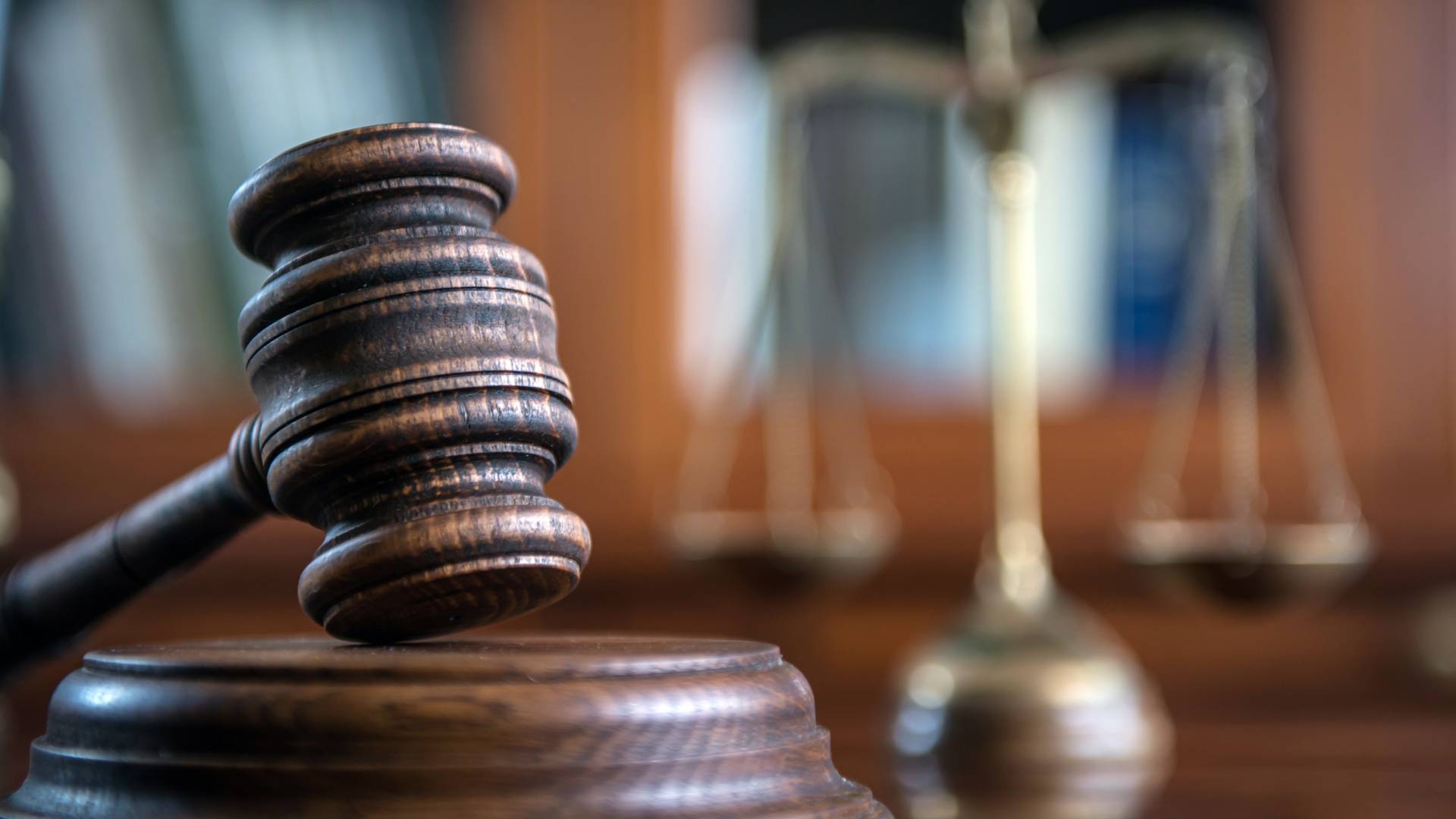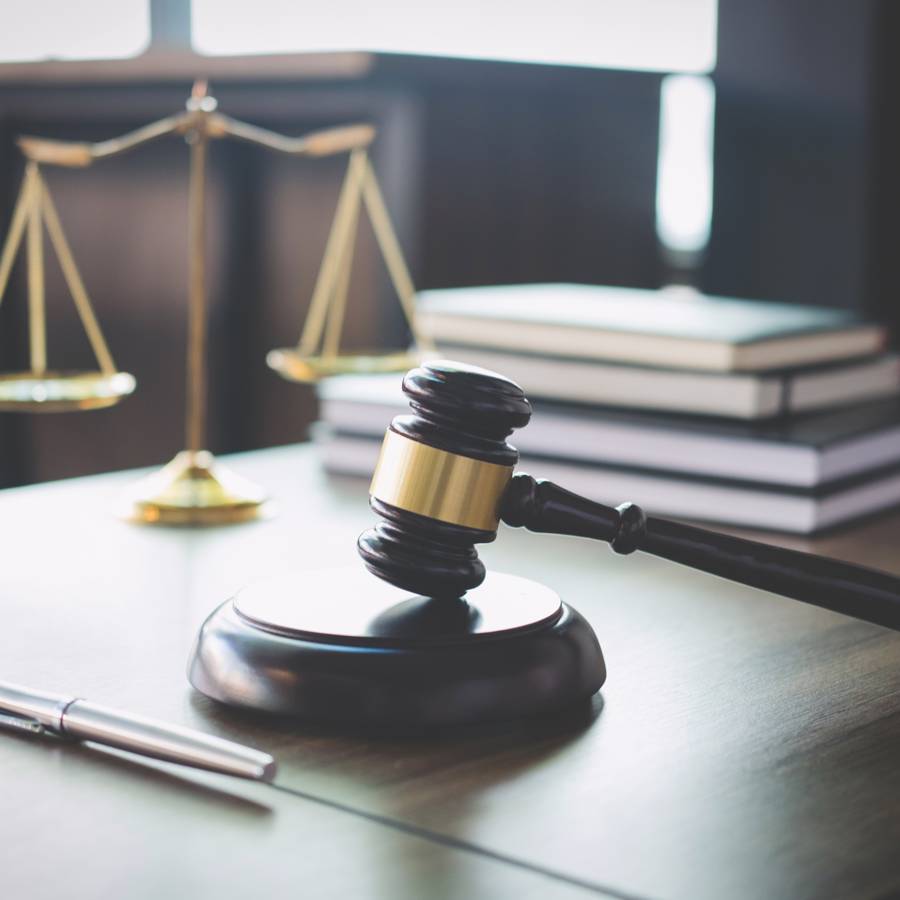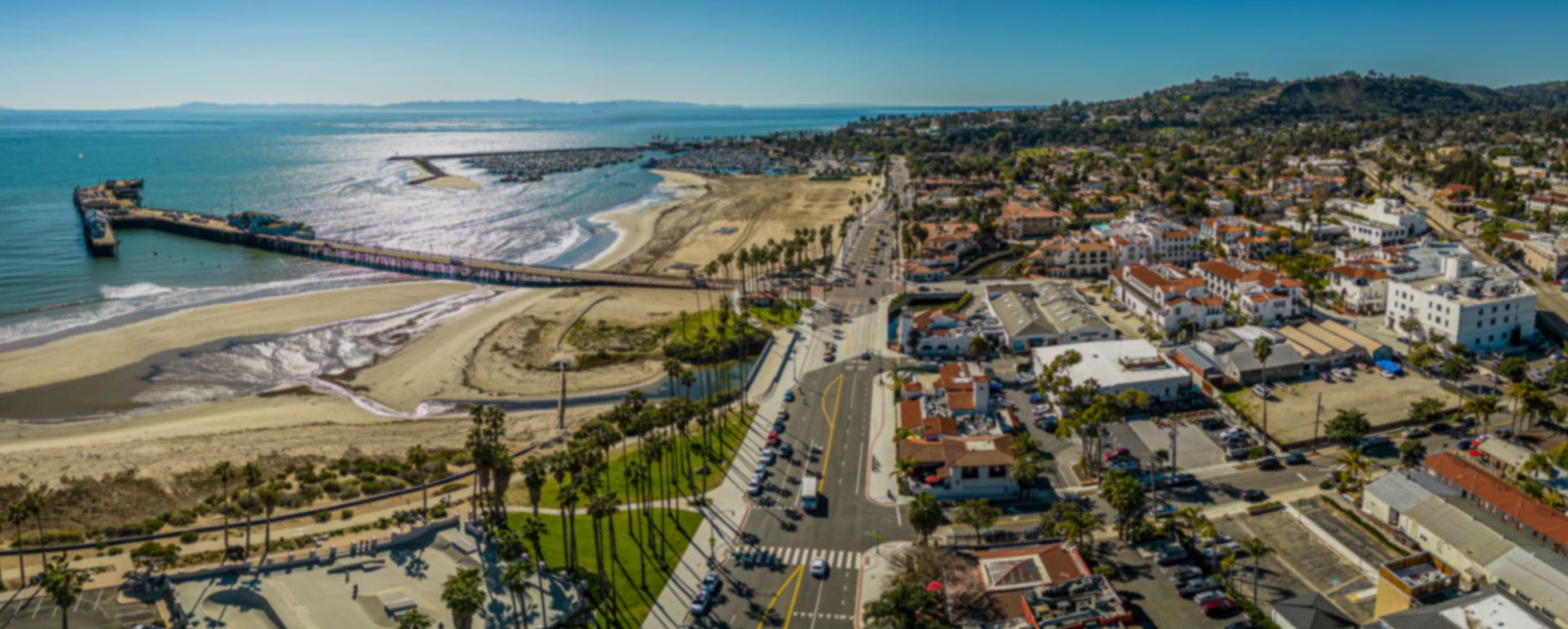
Lompoc Public Intoxication Attorney
Lompoc is home to The Wine Trail and multiple wineries, making it a prime location for public intoxication charges. Many natives and visitors from surrounding cities flock to the city to enjoy a beautiful day of wine and fun outdoors. However, alcohol consumption in public if taken too far can lead to arrest on a charge of public drunkenness.
California Penal Code 647f defines public intoxication as being willfully under the influence while you are in a public area. You must also be intoxicated to the point where you cannot care for your safety or the safety of others around you, and/or to the point that you have become a hindrance or obstruction to other people using the public walkways, such as pavements or streets.
If you have been arrested for being intoxicated in public, it does not mean that you are guilty. It’s important to vigorously fight a public intoxication charge because a criminal conviction will stay on your record and can adversely affect job and educational opportunities down the road.
A former Prosecutor for the District Attorney’s Offices in Santa Barbara and San Diego Counties, Sanford Horowitz and his legal team will offer you a free consultation, investigate the evidence against you, and recommend practical steps to achieve the best possible results in your case.
THE ACT OF PUBLIC INTOXICATION
In order to convict you of public intoxication in Lompoc, the prosecution must prove each of the following elements beyond a reasonable doubt:
- Willfully/Under the Influence: You were willfully [2] under the influence of a controlled substance; AND,
- In a Public Place: You were in a space defined as “public” under the law;[3] AND,
- Unable/Exercise Care: You were unable to exercise care for your safety or the safety of others; OR,
- Interfered in Public Way: You interfered with, obstructed, or prevented the free use of a street, sidewalk, or another public way.
Looking at the above list, you might notice that state law requires that you have willfully become drunk in order to qualify for a conviction on this charge. If someone has put a substance in something you’ve been drinking without your knowledge, you are not willfully drunk.
Next, California law defines a public place as any area outside of a home in which a stranger is free to walk. This can be anything from a sidewalk to a restaurant, stadium, pub, nightclub, a hallway in a hotel or apartment building, or in a car parked on a street. This includes a front lawn, but not a backyard of a home.
For example, imagine a college student, Roger, goes drinking on New Year’s Eve. He gets extremely drunk and wanders outside of the bar in a public street. He doesn’t notice the police car headed his way and almost gets hit. The officer gets out of the car and arrests Roger for public intoxication. Should Roger be convicted?
If Roger got extremely intoxicated and then walked into a public street, obstructing the free use for drivers, he should be convicted. It is irrelevant that Roger wasn’t actually hit by the car. The crime was complete when he wandered into the street after willfully becoming intoxicated.
PUBLIC INTOXICATION PENALTIES
Penal code 647(f) is punishable for up to six months in the county jail with a maximum fine of $1,000. Often times, an attorney can negotiate to dismiss the case upon the completion of 10 or 20 Alcohol Anonymous meetings. However, most people are eligible for diversion, which is where a defendant avoids formal sentencing and upon completion of the diversion terms the case is dismissed.
Certain exceptions apply, but most patrons are eligible to participate in pretrial diversion under Penal Code 1000(a). In January 2018, the California Legislature amended section 1000(a) allowing most people charged with public intoxication to avoid a guilty or no contest plea by continuing the case during its pretrial stage. In the meantime, you will be required to complete AA meetings or perform community service. Upon completion your obligations, the court will dismiss your case.
If you are under the age of 21 and you are convicted for public intoxication, you can also lose your driver’s license for one year (California Vehicle Code Section 13202.52). If you do not have a driver’s license, the court will order the Department of Motor Vehicles to delay issuing you a driver’s license for one year subsequent to the time you become legally eligible to drive.
A public intoxication conviction may also have negative immigration consequences. Under the United States immigration law, certain kinds of criminal convictions in Goleta can lead to a non-citizen being deported. Some convictions can also make an immigrant “inadmissible”.
The major categories of “deportable” or “inadmissible” crimes are:
- crimes of moral turpitude,
- aggravated felonies,
- controlled substance (drug) offenses,
- firearm offenses, and
- domestic violence crimes
If a defendant violated this statute because he was intoxicated via drug use or by using a controlled substance, then there may be grounds for deportation or inadmissibility.
Additionally, if you willfully resist, delay, or obstruct a public officer in a discharge or attempt to discharge any duty of the officer, you are guilty of resisting arrest PC 148(a)(1). The crime of resisting, obstructing, or delaying an officer is charged as a misdemeanor. If found guilty, you may be punished by up to one year in jail.
FIGHTING A PUBLIC INTOXICATION CHARGE
If you are accused of a crime under this statute, then you can challenge the accusation by raising a legal defense. A good defense can often get a charge reduced or even dismissed.
Three common defenses to this crime are to argue:
- you were not in a public place,
- your civil rights were violated
- there is insufficient evidence
NOT IN A PUBLIC PLACE
Imagine if Laura went to a barbeque at a friend’s house. She did not eat the night before, thinking she would eat a lot there. When Laura arrives, she starts drinking beer and decides not to eat altogether. Due to drinking on an empty stomach, Laura becomes intoxicated quickly and begins to create a scene by falling all over the place. A friend of Laura’s who is unable to control her decides to call the police.
Laura willfully became intoxicated and demonstrated that she was unable to care for her own safety when she began to fall. However, Laura was in a friend’s backyard when this occurred. This is not considered a public place, meaning that Laura should not be convicted.
CIVIL RIGHTS WERE VIOLATED
Larry goes to his favorite sports bar to watch a game. He ends up drinking too much, walks outside, and falls down and passes out on the sidewalk. An officer finds him deciding that he is too intoxicated to follow instructions. Later, at the police station after Larry is coherent, the officer neglects to read Larry his rights.
While police have a limited excuse for not reading an arrestee their rights when the suspect cannot comprehend them, the excuse ends when the suspect is capable of understanding them. At that point police must read the suspect their Miranda Rights, otherwise, the civil rights of the arrestee are violated. Therefore, Larry should not be convicted since his rights were violated.
INSUFFICIENT EVIDENCE
Imagine an officer finds Tori passed out on a bench in a public space. The officer proceeds to arrest her for public intoxication, without preforming a field sobriety or blood alcohol test. When the time comes for a conviction, the officer has no proof that Tori was under the influence.
Although the officer found her in a public space, the statutory law calls for a defendant to have at least one substance in their system at the time of the arrest. The officer did not test Tori in any way or inquire whether she was intoxicated. This means that the officer assumed before arresting her and has no proof.
FAQs
WHAT IF YOU ARE DRUNK IN A PRIVATE RESIDENCE?
It’s perfectly legal to be drunk in public or private as long as your behavior isn’t affecting the safety or enjoyment of others. A private place, such as a residence or a backyard, does not qualify for a public intoxication charge.
CAN I RECEIVE A DRUNK IN PUBLIC CHARGE IF I AM IN A PARKED CAR?
Yes. If you are parked on any public street or area while you are intoxicated while sitting in your car, the police may arrest you and file a drunk in public charge against you. The police may also state you were attempting to drive under the influence and charge you with the much more serious crime of DUI, depending on the circumstances.


The Right Firm Makes a Difference
Why Clients Choose Us
-
Aggressive & Compassionate RepresentationYou are our number one priority in and out of the courtroom.
-
Former Prosecutor on Your Team
Work with an experienced former prosecutor who knows both sides.
-
Providing Service in SpanishCriminal defense provided by a Spanish-speaking team.
-
Offering 100% Free ConsultsTalk through all of your legal options during a free consultation.

What Clients Are Saying
-
A former prosecutor, Sandy is a skilled litigator who understands both sides of the criminal justice system, which is a tremendous asset. While we hope never to be in a similar situation again, we can recommend Sandy without hesitation.- Ann S.
-
A great relief and reassurance to anyone potentially facing criminal charges.- S.A.
-
To say that Horowitz is a great lawyer is an understatement. I would highly recommend him to anyone dealing with a legal issue.- Haley S.
-
In addition to being highly intelligent and professional, he is incredibly empathetic and kind, which helps when dealing with life’s unpleasant situations.- Eli S.